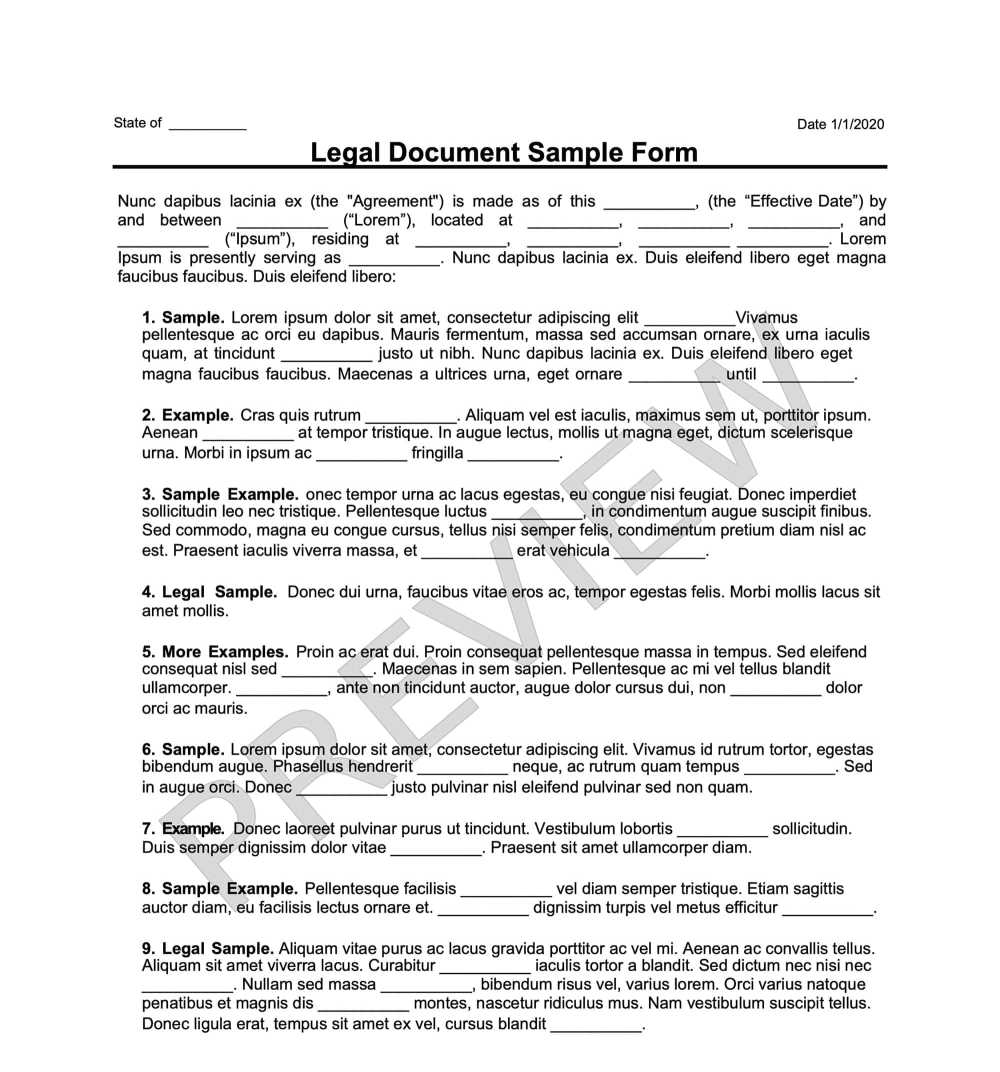Employee Warning Letter
An Employee Warning Letter is issued in the event of an infraction and it outlines clear consequences if the employee doesn’t correct the behavior.


Frequently Asked Questions
Misrepresentation of qualifications is one reason that an employee might receive a warning letter from an employer. While some employers may choose to fire an employee on that ground, others opt to issue an Employee Warning Letter. Misrepresenting your qualification could be claiming to hold a degree that you haven’t earned. Or, it could be the number of years of experience listed in the resume, inaccurate previous job titles, and the like.
The answer is no. The Employee Warning Letter is not a legal document, first and foremost. Signing it is just an official acknowledgment that the employee is aware of the warning, not an admission of guilt.
If the employer is not confident about the legality, you could benefit from talking to a legal expert. Alternatively, an HR person might also know what is considered a breach of the company's protocol and can advise on what to do going forward. Similarly, for the employee who receives a warning letter, they could consult an attorney if they strongly disagree with the contents of the letter.
The number one tip is to be as specific and straightforward as possible. Another useful strategy is to talk to the employee first and use the letter as a mere formality of record-keeping. Also, asking the employee to sign the letter is usually the standard.
The law doesn’t dictate how much time a private employer must give to an employee before terminating the employment. In extreme circumstances, the company might demand that the employee leave the company immediately, especially an at-will employment agreement is in effect. However, if the contract has a specific notice period, then the employer has to abide by that. The standard practice, in any event, is one or two weeks before the employee is to leave.




